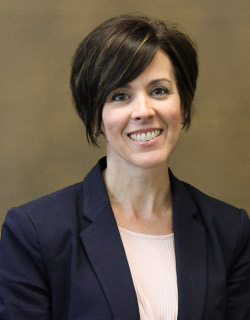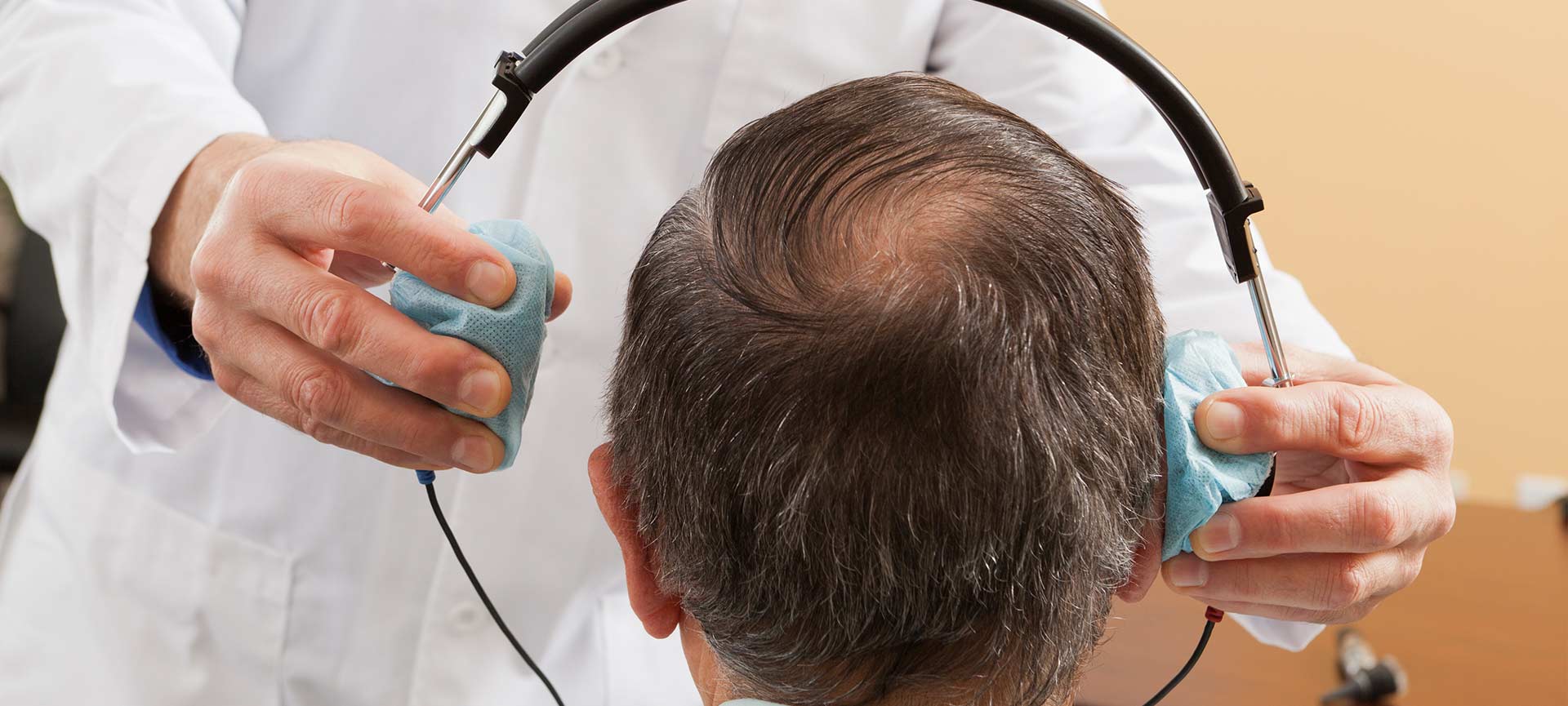GBMC "To Your Health" Hearing Technology
October 10, 2018
* For closed captioning, click the  button in the bottom-right of the video. *
button in the bottom-right of the video. *
GBMC’s cochlear implant center recently received a generous gift from the Presbyterian Board of Governors that will allow the center to expand the services it offers to patients living with hearing loss and its research into new technologies and techniques. Dr. Regina Presley, senior cochlear implant audiologist at the Presbyterian Board of Governors Cochlear Implant Center of Excellence at GBMC, talked about how the gift will positively impact patient care and allow the center to reach more patients, as well as sharing her expertise about hearing loss treatment.
“I have the best job. When people can hear, it’s life changing and I’m so inspired to see what they’re able to do.”
“This gift will help us offer our patients better service and allow us to invest in new technology, increase the size of our staff, and reach more patients who need assessment and treatment,” she explained. “With this support, we’ll also be able to expand our research efforts and continue our mission to change the face of hearing healthcare.”
That expanded reach will be even more important in the future, with 1 out of 10 people projected to be living with debilitating hearing loss by 2050. Dr. Presley discussed the many possible causes of hearing loss, from infection and fluid in the ear to genetic conditions and damage caused by exposure to loud noise, the tests audiologists use, and the treatment options for hearing loss.
“There are many different options for treatment, including hearing aids and cochlear implants,” she noted. “The best advice is to develop a rapport with your audiologist and talk about your listening needs and your lifestyle so that together you can choose the best device or solution for your situation.”
She emphasized the importance of detecting hearing problems early and not putting off getting your hearing tested. “Most patients wait 10 years before they pursue treatment,” she said. “But it’s about more than your ability to hear. People with hearing loss often become socially isolated and depressed. Hearing loss also increases your risk of developing dementia. People with mild hearing loss have a 2% greater risk and those with severe loss have a 5% greater risk.”





